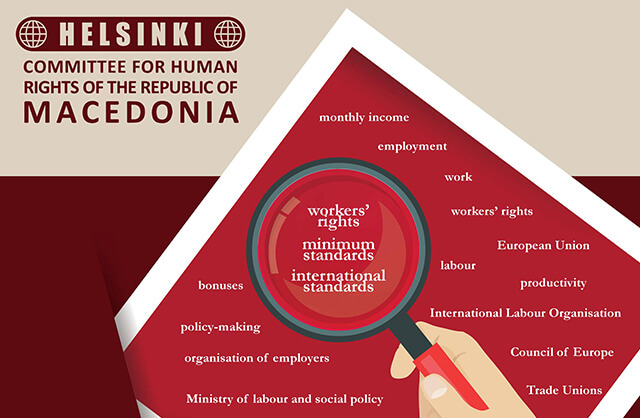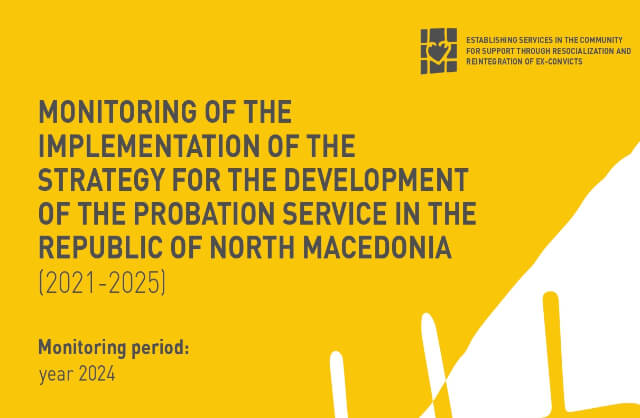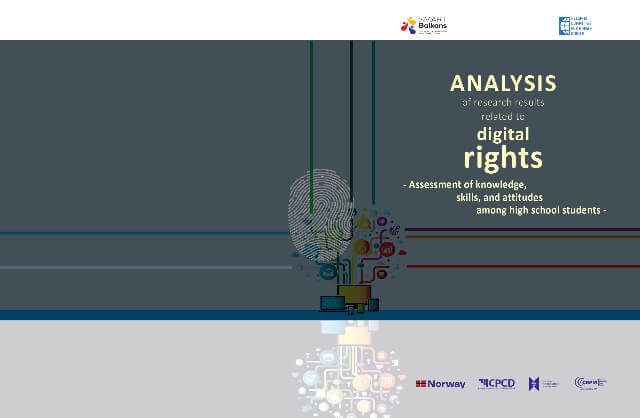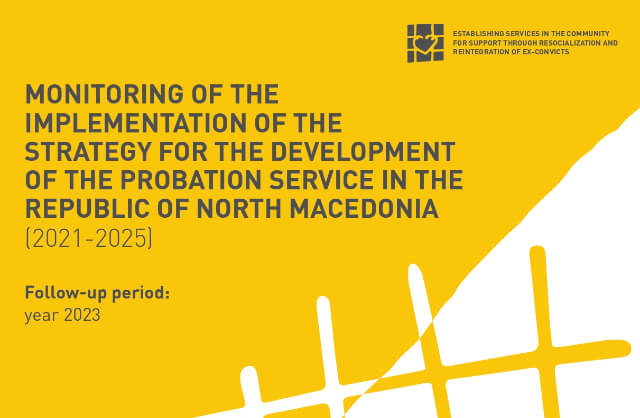The analysis of workers’ rights standards and their application in the Republic of North Macedonia
June 22, 2019

The analysis of workers’ rights standards and their application in the Republic of North Macedonia has been prepared within the Improved Productivity through Better Labour Legislation in Macedonia Project, funded by the Good Governance Fund of the United Kingdom. The analysis seeks to identify basic guidelines for developing national legislation relating to safeguarding workers’ rights, the level of compliance of the national legislation to the recognised international standards and deviations from the practice, both, from the positive legislation, and from international standards. Basic concerns in their application in the legislation are presented by cross-cutting the general international normative framework, treating the protection of workers’ rights and the minimum work conditions, along with the basic legal decisions at national level.
On the other hand, problems have been illustrated by summarising the perceptions of direct participants in the processes of drafting policies on workers’ rights protection, that is, their immediate protection and also, changes have been directly pointed, which should be made. The analysis showed that there are problems in the appropriate transposition of the standards and normative decisions of ILO, the Council of Europe and EU Directives, but that main problem is in the practice and non-fulfilment of international obligations and legal decisions. Special attention in the analysis has been paid to the actual institutional framework on protection of workers’ rights, which should have the various holders of competences in this area. This is why focus was put on the trade unions and their activity, as key actors in the process of formulating most appropriate normative decisions and in utilisation of existing legal opportunities. The protection of labour rights contributes to greater productivity in the workplace, which on the other hand is a desired result by the employers.
Given the above, the recommendations extended relate to the appropriate tailoring the legislation as per the realistic needs of the workers and employers, by means of filling the gaps of material protection, as well as by simplification and precision of the procedures. These changes would, in practice, ensure utilization of existing rights and opportunities which are at the disposal of the workers for their protection, through raising the capacities of the institutions themselves, appropriate approximation of legislation to the workers and participation of the state in the creation of conditions for protection of workers’ rights as guaranteed by international agreements and national laws.


